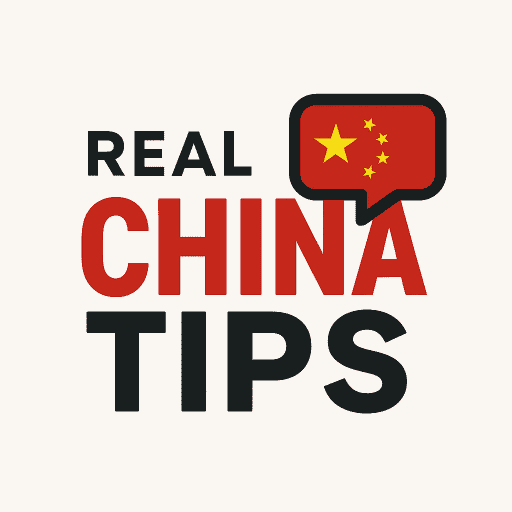Before I moved to China, I thought “work culture” was pretty universal. You show up, do your job, attend the occasional meeting, and go home. Turns out—I was wrong 😅.
Working in China came with a set of unspoken rules and expectations that completely caught me off guard. Some made me laugh, some stressed me out, and some taught me a lot about how relationships and respect operate in a very different system.
If you’re planning to work in China—or are just curious about how it all works—here’s what shocked me the most.

1. Meetings About Meetings… and Then More Meetings
In many Chinese companies, meetings aren’t just for making decisions—they’re for building consensus, showing face time, and “keeping everyone aligned.”
Sometimes, a decision that could be made in five minutes drags across three meetings. Why? Because jumping ahead without everyone’s agreement might look like you’re disrespecting the group—or worse, trying to stand out too much 😬.
Pro tip: Don’t push for fast decisions in meetings. Let the process unfold, even if it feels slow.
2. Hierarchy Is Everything
Chinese work environments are often deeply hierarchical. The boss is not just a supervisor—they’re sometimes treated like a parent figure.
- Don’t challenge them publicly (even politely)
- Always defer to their opinion first
- Expect that big decisions go top-down
This doesn’t mean bosses are unkind. Many are supportive—but the way you show respect matters.
3. “Face” (面子) Dictates Everything
Face, or 面子 (miànzi), refers to respect, reputation, and saving someone from embarrassment. In the workplace, this means:
- Don’t criticize colleagues in front of others
- Avoid saying “you’re wrong” bluntly
- Use softer phrases like “Maybe we could consider…” or “What if we tried…”
Even emails are phrased delicately. Directness is often seen as rude.
4. Office Hours Are Just… a Suggestion?
Official hours might be 9am to 6pm—but many employees stay late, even when there’s no real work left.
Why? Leaving early (even on time) might make it seem like you’re not committed. This unspoken pressure to stay late is known as “invisible overtime” (隐形加班).
Tip: In some companies, the boss leaves last. Everyone else waits… awkwardly 😅.
5. Team Dinners Are Basically Mandatory
Don’t be surprised if you’re invited to frequent dinners with your team, especially after big projects or during holidays.
And these aren’t just social events—they’re part of your workplace bonding. Skipping them too often might make you seem antisocial or “not part of the group.”
Drinking is often involved. If you don’t drink, make sure you decline early and politely—and hold your ground.
6. Group Chat Etiquette Is Real
Most teams use WeChat (not email) for daily communication. But even WeChat comes with rules:
- Always reply to your boss’s messages—even if it’s just “收到” (got it)
- Emojis are common, but don’t overdo it
- Sending messages late at night? Normal.
Also, prepare for random voice messages in the middle of your workflow 🙃.
7. Ambiguity Is the Norm
You may not get clear feedback on how you’re doing. Sometimes “It’s okay” (还行) means “Not great.” And “We’ll think about it” (我们考虑一下) might mean “That’s a no.”
Learning to read between the lines is a whole skill in itself.
8. Titles and Seating Order Matter
In formal settings like meetings or business dinners, where you sit says a lot. The most senior person usually sits in the “host” seat—facing the door or at the head of the table.
Calling someone by their title (like “Manager Li” instead of just “Li”) is also a sign of respect.
Final Thoughts
Chinese work culture might feel formal, indirect, and sometimes exhausting—but it’s also full of nuance, care, and a strong sense of loyalty.
If you can adapt to the rhythm and read the cultural cues, working in China can be not just manageable—but actually rewarding.
And trust me: once you learn how to navigate “face,” meetings, and team dinners, you’ll start to feel a lot more at home in the office ❤️.
This article was originally written by Author. If you wish to share it, please link back to the original post: https://realchinatips.com/chinese-work-culture/
